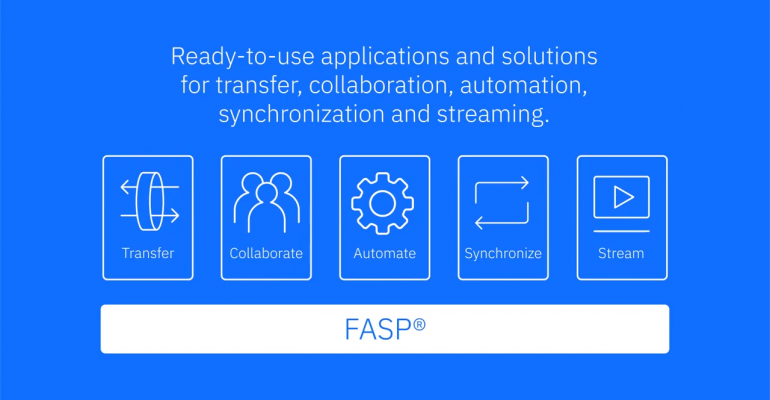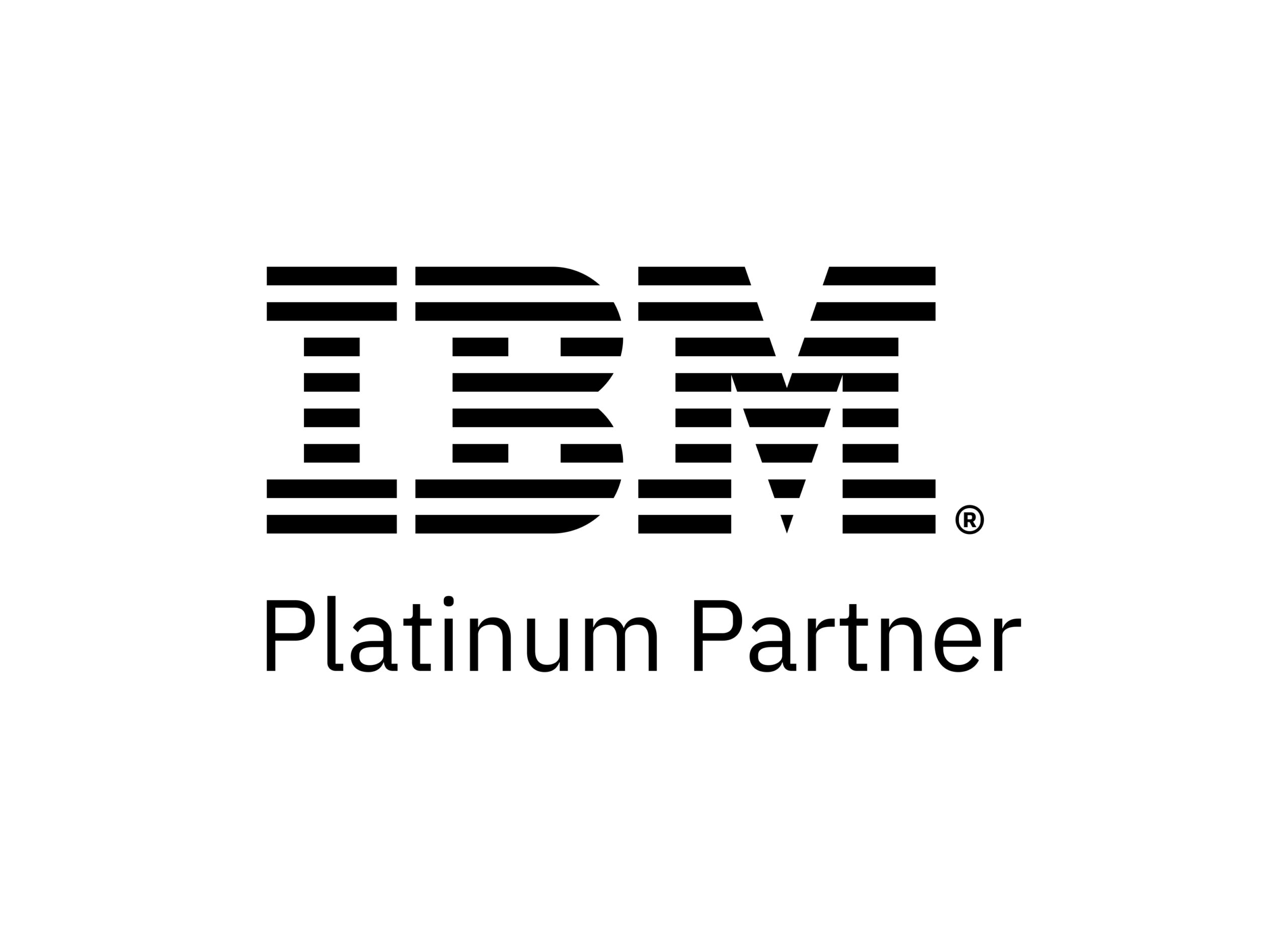TCP vs UDP vs FASP – Which is the Fastest Protocol?

You’re likely reading this blog post because your enterprise or organization has a large number of files – or very large files – that you need to send to distributed locations quickly – perhaps even to offices or project team members on different continents. And, if you’re like most of the organizations we work with, you simply can’t meet your high-speed file transferring demands using the existing Transmission Control Protocol (TCP) or User Datagram Protocol (UDP) technology you currently have.
Maybe you’re in the media and entertainment industry and need to move large video assets. Perhaps you’re in the healthcare industry and need to send patient genomic data to team members across the globe. Or perhaps you’re in eDiscovery and are looking for a fast – and secure – way to send legal information to your litigation team.
Whatever your unique case, you’re likely wondering, “What’s the fastest file transfer protocol available?” At PacGenesis, we have the answer for you. As an IBM Gold Business Partner, we work with companies just like yours all the time, helping them find the fastest and most secure way to send big data across continents.
While many people compare TCP and UDP to each other, we’re here to tell you there’s an even better, faster file transfer protocol on the market. FASP® – which standards for Fast, Adaptive, and Secure Protocol – is the fastest, most secure high-speed file transfer technology available today.
Continue reading to learn about the differences between TCP, UDP, and FASP, and why you should consider implementing IBM’s Aspera for your big data transferring needs.
What is TCP?
TCP was developed in the early 1970s to be a reliable way to share files, right around the time the first personal computer was making its appearance on the market. The protocol was designed to send files from one location to another, by prioritizing the order in which files were uploaded to be sent.
TCP was designed this way because its architects wanted to ensure that a file sent would be a file received. The problems with TCP in modern times, however, are three-fold:
- TCP was designed to send relatively small files compared to what major enterprises and organizations need to transmit today.
- TCP was never intended to transmit files to different continents, especially at the rate that large organizations need to do so in 2020.
- If a packet is taking a long time to be transmitted via TCP, it creates a bottleneck, placing all other packets in a queue until the first file in line is properly received.
As you can see, what may have worked well in the 1970s is nowhere nearly robust enough to work for us, 50 years later.
What is UDP
Because of the limitations of TCP, many organizations research file transfer systems that use UDP. This file transfer protocol expands on TCP by providing a solution that reduces the transmission rate in packet loss.
However, UDP is better in theory than reality. The protocol is unable to adapt to round-trip time (RTT) in real-world scenarios, as well as actual packet loss conditions. While UDP can seem like an improvement when compared to TCP, it’s definitely not a perfect way to transfer big data around the world.
Aspera’s FASP Technology
Designed by IBM, Aspera FASP is the fastest high-speed file transfer technology in the world. Aspera achieves this status by using a combination of the best of UDP with proprietary technology to provide organizations like yours with the quickest way to share big data around the world.
Here’s how Aspera’s FASP works:
- It fully utilizes available bandwidth to transfer files.
- It’s adaptive rate control doesn’t interfere with other network traffic that’s important to your organization.
- It secures data by encrypting it both in-flight and at rest.
- You don’t need to invest in any additional network infrastructure to realize the benefits of FASP.
How Much Faster is FASP?
Aspera’s FASP is as much as 100X faster than FTP. To see for yourself just how much more quickly FASP can transfer your files than TCP, check out Aspera’s online file transfer calculator.
Contact Us to Learn More About Aspera FASP
As an IBM Gold Business Partner, we’re FASP experts. We’ve helped several companies and organizations in a variety of industries evaluate and deploy FASP. We can use that knowledge and experience to help you with your evaluation of Aspera, too.
We’d love to help you get started on your Aspera FASP evaluation. Our FASP experts are ready to speak with you about your unique file transferring needs, and explain how FASP can be a better solution for your organization than TCP or traditional UDP.
Let’s start the conversation by scheduling a quick, 15-minute introductory call about IBM Aspera FASP. To schedule this call at a convenient time for you, reach out to us at (512) 766-8715, sales@pacgenesis.com, or fill out our online contact form.



